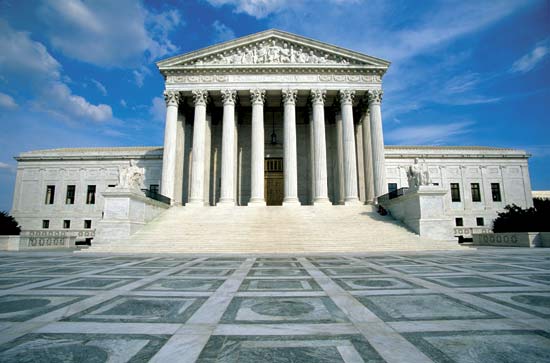A pilot with an exceptional performance record was sidelined for three years, then terminated, with little to no explanation or opportunity to respond. The reason given that prompted these actions: he’s Muslim, and he occasionally traveled to Pakistan on his personal time to see family. His fellow pilots (even though the employer hand-picked the most “management friendly” ones to interview) agreed that while Petitioner likes to hear himself talk, he’s “harmless”; the FBI closed its inquiry, which it only opened at the request of Petitioner’s employer, after just a few months. But the CEO insisted the optics were bad and that he couldn’t “get over the amount of smoke that was created to be able to just willfully release [Petitioner] back into the environment” to do his job again. So this American turned to the courts, trusting that the legal system would treat him fairly. Instead, his claims received abbreviated or absent analyses, with conjecture and conclusions drawn by judges instead of a jury. And the lower courts minimized the multiple comparators he identified who received better treatment, because they weren’t the same in “all” respects. Petitioner asks that this Court grant this Petition, so that his case may be examined on its merits and the law instead of by the “amount of smoke.”
That is the concluding portion of a Petition which CLCMA attorneys filed today with the United States Supreme Court, asking the Court to consider the case of Ameer Siddiqui. Mr. Siddiqui worked as a pilot for years with an exceptional performance record, until vague allegations by an unidentified coworker led to him being placed on leave. This leave continued for three years, in violation of company policy and the Collective Bargaining Agreement that applied to his employment. In the meantime, he got a lawyer and filed a charge of discrimination with the EEOC. On the last day for him to file a lawsuit based on his complaints to the EEOC, his employer fired him. The reasons cited had nothing to do with the initial reason he was placed on leave (being a purported “security threat”, even though the company continued to let him fly for another nine months after getting the complaint, and the FBI found no reason for concern when the employer asked it to investigate). Instead, the company stated that it fired him for “lying” when he denied the vague allegations that traced back over four years, and about which he was never given any chance to respond.
“We look forward to the Justices at the Supreme Court considering the legal merits of Mr. Siddiqui’s case, instead of judging him by rumor and innuendo as his employer did for so long,” observed Christina Jump, CLCMA’s Civil Litigation Department Head. “Mr. Siddiqui followed all rules, regulations and laws while employed as a pilot; all he asks is that his employer be required to do the same thing.” “This case has important ramifications for all Muslim employees who face discrimination in the workplace,” added Leila Mustafa, Civil Litigation Staff Attorney at CLCMA. “Since direct proof of discrimination is rarely as prevalent as discrimination itself, this Petition seeks to clarify the level of proof employees need to provide in order to succeed on their claims in court.”
Muslim pilot sues for being fired without explanation

